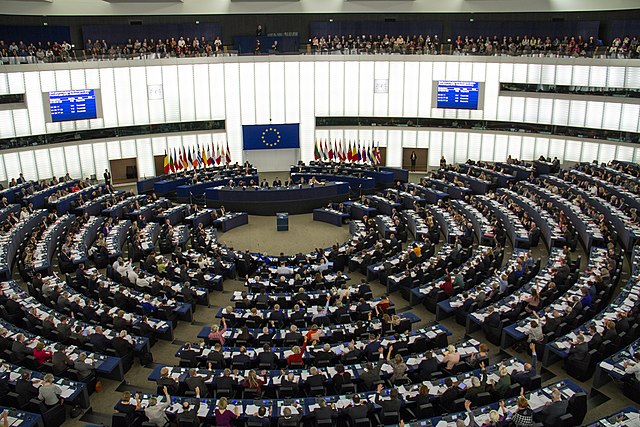Harmless threat, or critical resource? The role of Russian oil in the West.

European Parliament in Strasbourg, France
Jacob Sagers – An agreement between the G7 to set a price cap on Russian oil, and implement the European Union’s oil ban, is a historic agreement towards the war in Ukraine. Western countries hope to limit Russia’s coffers from oil revenue that are largely funding its invasion. They intend to have businesses enforce this price cap by refusing to export oil at more than $60 a barrel. Most Russian oil exporters are European companies, and this embarks a drastic change in the EU’s and Russia’s geopolitical code.
Geopolitical codes are the way a country’s positions itself in the global community. Countries use this framework typically to list allies, enemies, and try to justify their actions to civilians and other states. Since the rise of Putin, Russia’s geopolitical code has increased with hostility towards the West and Ukraine. His recent military invasion is a more aggressive form of action within Russia’s geopolitical code; instead of threats, military action is now used to achieve his state’s goals. Meanwhile, the European Union’s role showcases the increasing power of supranational organizations in geopolitics. The largely united European response in cutting Russian oil imports, rationing energy, and supporting Ukraine amidst global inflation exemplifies increasingly hostile actions towards Russia. These actions rearrange the geopolitical codes of all member states, even more pro-Russian countries such as Hungary, and the actions they will use to limit Russian military force.
The scale of these actions is not just regional, it also poses global implications. Scale is used to view the size and effect of country’s geopolitical codes and actions. The response of OPEC nations in increasing or decreasing oil production may destabilize the global economy. Furthermore, it may limit the capability and amount of oil that can be exported to China and India, as they have largely replaced Europe’s previous role as importers. However, the increasingly aggressive actions of Russia and the West, alongside a shift in their geopolitical codes, creates the question of will other nations get formally involved in the war? Or are these actions a new way of undeclared warfare in our modern age?
Picture Credit: Photo distributed under the Creative Commons Attribution-Share Alike 2.0 Generic license. Source

